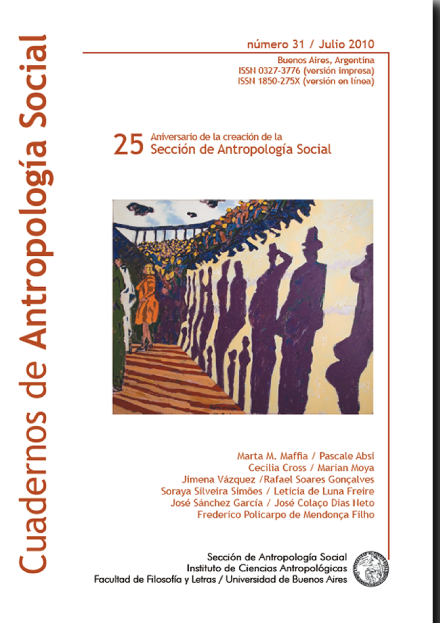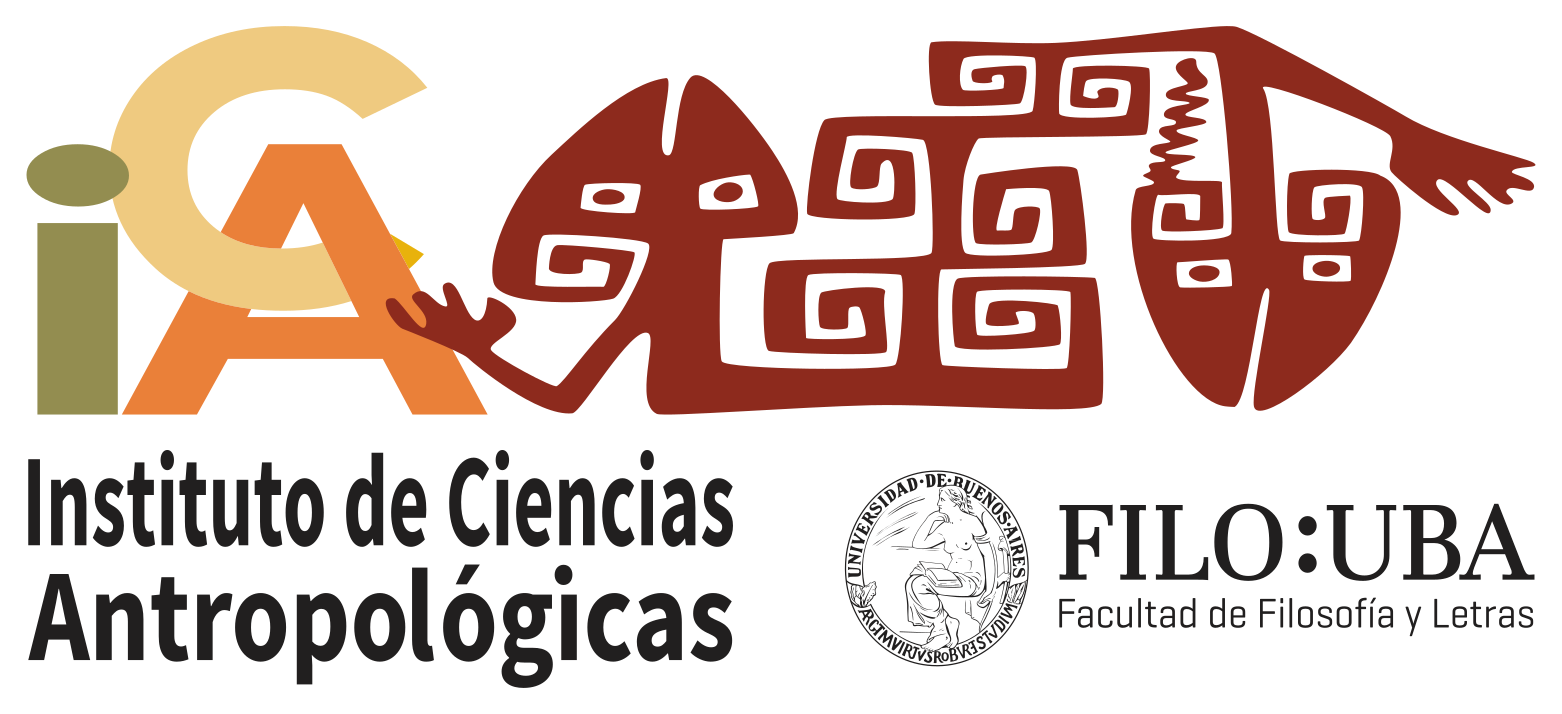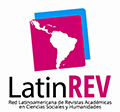The discourses about the drugs and the experiential languages of the consumers in the city of Rio de Janeiro: notes on continuity and discontinuity in drugs use
Abstract
It is very common to talk about drug use with the reference to Psychology or Law to tackle the issues surrounding the consumption and trade of drugs. For that reason, categories such as “addict”; ”user”; and “dealer”; are often used in a naturalized way, without any reference both to the context in which they were drawn as to the context of action that account. Thus, they appear as if they were absolute analytical categories.In this paper I present data from some relational contexts of drug users who had access, in an attempt to present the experiential language deployed by them to participate in the drug market. From this description, I´ll show situations where some consumers put questions about their personal consumption, creating the possibility of reconfiguration their participation on the drug market influencing the continuation or not of drug use.Downloads

Esta obra está bajo una Licencia Creative Commons Atribución 4.0 Internacional
Cuadernos de Antropología Social sostiene su compromiso con las políticas de Acceso Abierto a la información científica, al considerar que tanto las publicaciones científicas como las investigaciones financiadas con fondos públicos deben circular en Internet en forma libre, gratuita y sin restricciones.
Los contenidos y opiniones expresadas en los artículos publicados son de entera responsabilidad de sus autores.
Los autores/as que publiquen en esta revista aceptan las siguientes condiciones:
- Los autores/as conservan los derechos de autor y ceden a la revista el derecho de la primera publicación, bajo la licencia de atribución de Creative Commons, que permite a terceros utilizar lo publicado siempre que mencionen la autoría del trabajo y a la primera publicación en esta revista.
- Los autores/as pueden realizar otros acuerdos contractuales independientes y adicionales para la distribución no exclusiva de la versión del artículo publicado en esta revista (p. ej., incluirlo en un repositorio institucional o publicarlo en un libro) siempre que indiquen claramente que el trabajo se publicó por primera vez en esta revista.















